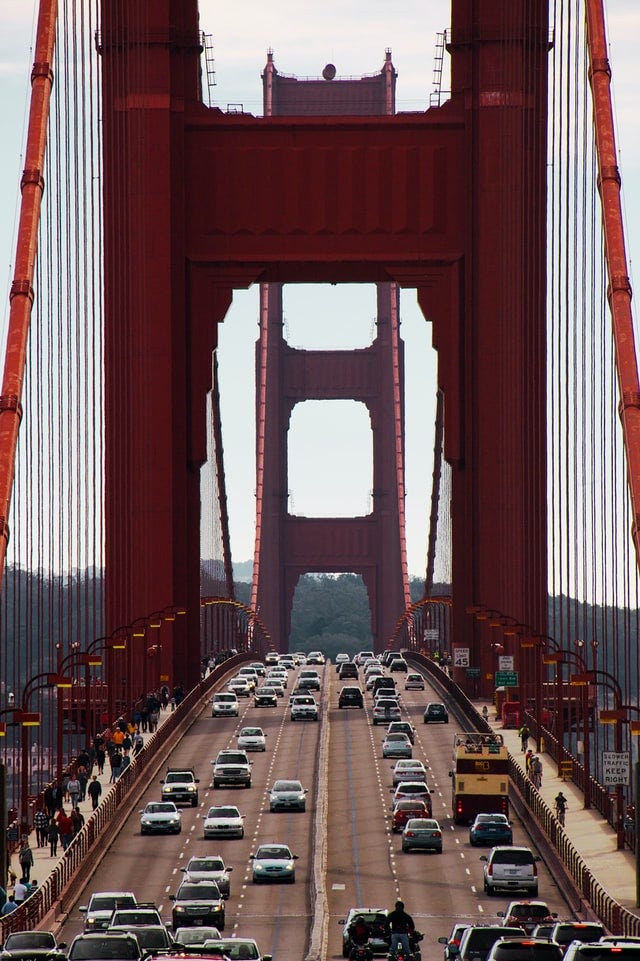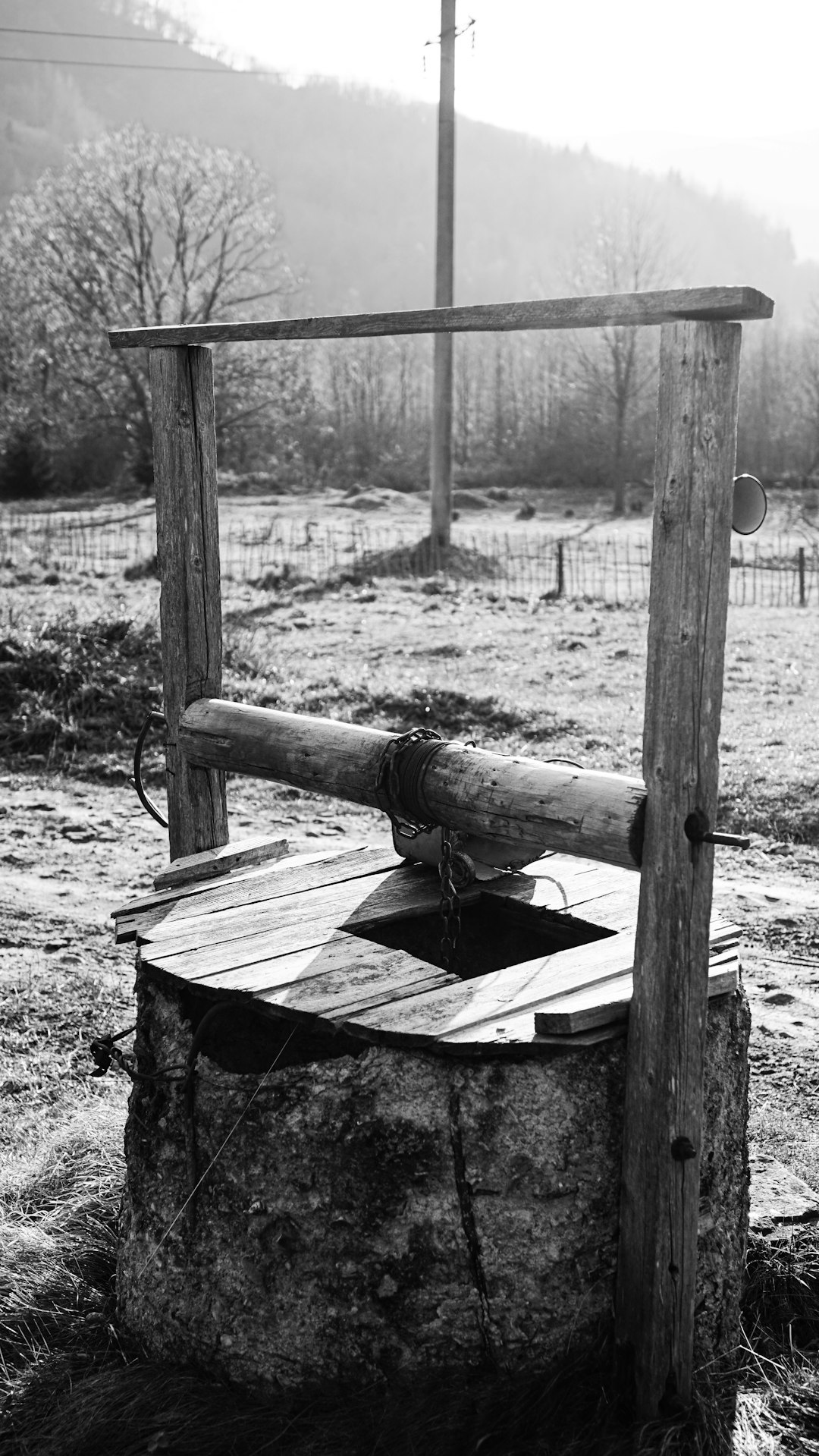Because of the time change, I found myself awake at an ungodly hour, but too close to dawn to fall asleep again. So, I’m laying there in the dark, resisting getting up because my bed is warm and my house is cold, and all of a sudden the word infrastructure pops into my head.

The issue of infrastructure has been all over the news in recent months as the Democrats negotiate (mostly with each other) over the Bipartisan Infrastructure Framework (BIF), which just passed fully through Congress this last week, and the Build Back Better Act (BBB), which is still being haggled over. The White House, despite progressive concerns that investments in childcare, health care, climate change, education, and tax reform will be left behind, still seems fully invested in the BBB. Biden is so self-identified with “compromise”, however, the burden of which seems to always fall disproportionately on the disadvantaged, that the Progressive Caucus has every right to hold his feet to the fire, it seems to me.
The interesting bit for me, though, as I dug into the whole notion of infrastructure, was finding out that the vocabulary only entered popular usage and political debate in the 1980s. Before that, the sorts of underlying structures and systems that many political conservatives still want to insist are the only rightful components of conversations about infrastructure (roads, bridges, dams, electrical grids, sewage works, etc.) were referred to as “public works”.
But on the heels of Ronald Reagan’s cowboy individualism, which kicked off the last forty years of conservative efforts to drastically slim down the federal government, it’s no wonder that the notion of public works wasn’t going to fit the narrative anymore. It smacked too much of the perennial bogeyman of “socialism”, which isn’t socialism at all, of course, but the social expectation that the government exists to accomplish collective uplift for all citizens.
Socialism is the idea that the government owns and runs everything. Public works, in contrast, simply exist because the community has the collective resources to accomplish for the public good those things that would be 1) out of the reach of a smaller group of individuals, and 2) shouldn’t be a profit-platform because everyone needs them.
Transitioning to use of the word infrastructure accomplishes two things. One, it focuses entirely on the concrete, material nature of the systems that undergird society and removes the inherent reminder that they exist for the public good. Instead, it’s just stuff. Why shouldn’t we outsource the creation and management of stuff to private corporations? The private sector is best suited to optimizing the creation and distribution of stuff, right?
But once those systems become simply stuff, farmed out to the private sector to build, maintain, and distribute, they also enter the realm of profit-motivation. Once you enter the realm of profit-motivation then you have to control for access and benefit. That system becomes a resource that people have to pay to have access to, and if you can’t pay then too bad for you, buddy.
Governments are not-for-profit enterprises. They are based on the premise that not everything is supposed to be done to make dollars rain down for anybody. Which is anathema to private business, wealth-loving politicians on both sides of the aisle.
The second thing about transitioning to use of the term infrastructure as opposed to public works is that it plays into the values of the patriarchy. Now, we’re talking about “hard” infrastructure and “soft” infrastructure, and guess which one both centrist Democrats and all of the GOP take issue with? They’re willing to discuss (at least the centrist Democrats sort of are) the “hard” stuff— the manly stuff, the stuff that’s serious. They’re not interested in how the “soft” stuff, the systems that are about care and nurture (childcare, homecare, healthcare, education, sustainability), are also essential to the holistic support of society. That’s just namby-pamby, personal-type stuff that women do.
Individuals and families and local communities will take care of those personal needs, or not. But it’s not the government’s job to take care of people, to even out the inequities of capitalism, or ensure that everyone has the opportunity to access resources necessary to thrive. In patriarchy the government is our stern, resource-controlling archetypal Father, not our sustaining, concerned, nurturing archetypal Mother.
Ijeoma Oluo, a writer I greatly admire, recently started a Substack newsletter, Behind the Book. In her most recent edition, she argued against self-care as the answer to all of our ills and pointed to the necessity of community care to address our individual burdens.
Oluo writes:
Self-care is not only action to aspire to, it’s a financial status to aspire to. It is one more goal to reach, or fail to reach. It is something you can be better at than other people. It is one more reminder that safety and care is only for the wealthy. It is also a reminder that safety and care are things we must be able to provide for ourselves alone.
This is simply an extension of the capitalist idea that we rise or fall on our own. That we are alone in the world, always in competition with others, and singularly responsible for our success and failure. It is another tie to bind us to our jobs, to hustle culture, to all the exploitative trappings of capitalism.
Isn’t that exactly the ethos we’re embracing when we also buy into binaries like “hard” (necessary, public) and “soft” (unnecessary, private) infrastructure? We are implicitly making safety and care a private, individual issue outside of the onus of the decision-making and resource-distribution powers of the collective community.
Oluo writes further about the myriad manifestations of community care, including Mutual Aid. In the wake of natural disasters, starting with Hurricane Katrina and lasting well into this Covid pandemic, many folks have written about the necessity of Mutual Aid efforts— local communities coming together to take care of each other. What seems to me to be at the heart of this latest public conversation around infrastructure is the larger philosophical question of whether or not the federal government is a Mutual Aid effort writ large, or simply a vehicle for shunting resources upwards towards those that are already doing just fine, thank you.
We get to decide, my friends.
What does all of this have to do with integrity? I would argue it has everything to do with integrity, and not just because, clearly, this kind of patriarchal, capitalist, individualistic nonsense just pisses me right the hell off.
Integrity is about integration and wholeness, both individually and societally. Within an integrous society, we actually have to think critically about the entirety of people’s needs and how they will be provided for. We have to think about our own needs and how our perception of them is colored by existing paradigms, which may serve us but don’t necessarily serve the collective whole, of which we are apart.
Rampant individualism decontextualizes everyone. It removes us from each other, from the vast web of relationships and resources that necessarily sustain us. It is a hyper-partial understanding of the nature of being human, and so lacks integrity.
Furthermore, patriarchy, white supremacy, and any other system that is built on a hierarchy of human value is going, over time, to tend towards a lack of integrity. It’s barely a hop, skip, and a jump from this human is less valuable to this aspect of human experience associated with this human is less valuable to this aspect of human experience isn’t society’s problem. Where is the integrity in that?

Way back at the beginning of this newsletter I wrote, “Integrity is the only thing that holds communities and societies together in a way that promotes trust, inclusion, justice, and joy.” I still believe that. Do you? What are you going to do about it? What are we going to do about it?
















Share this post